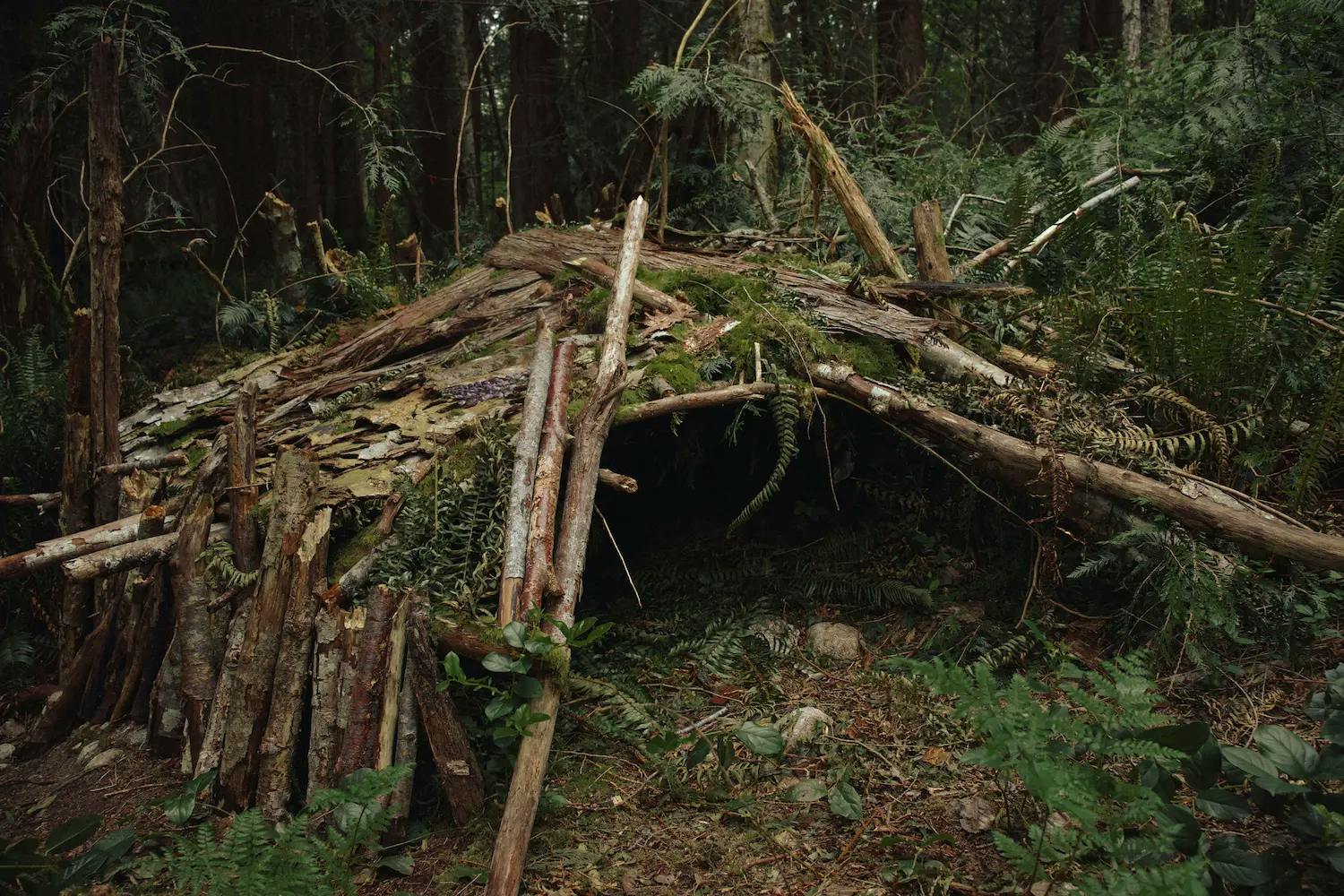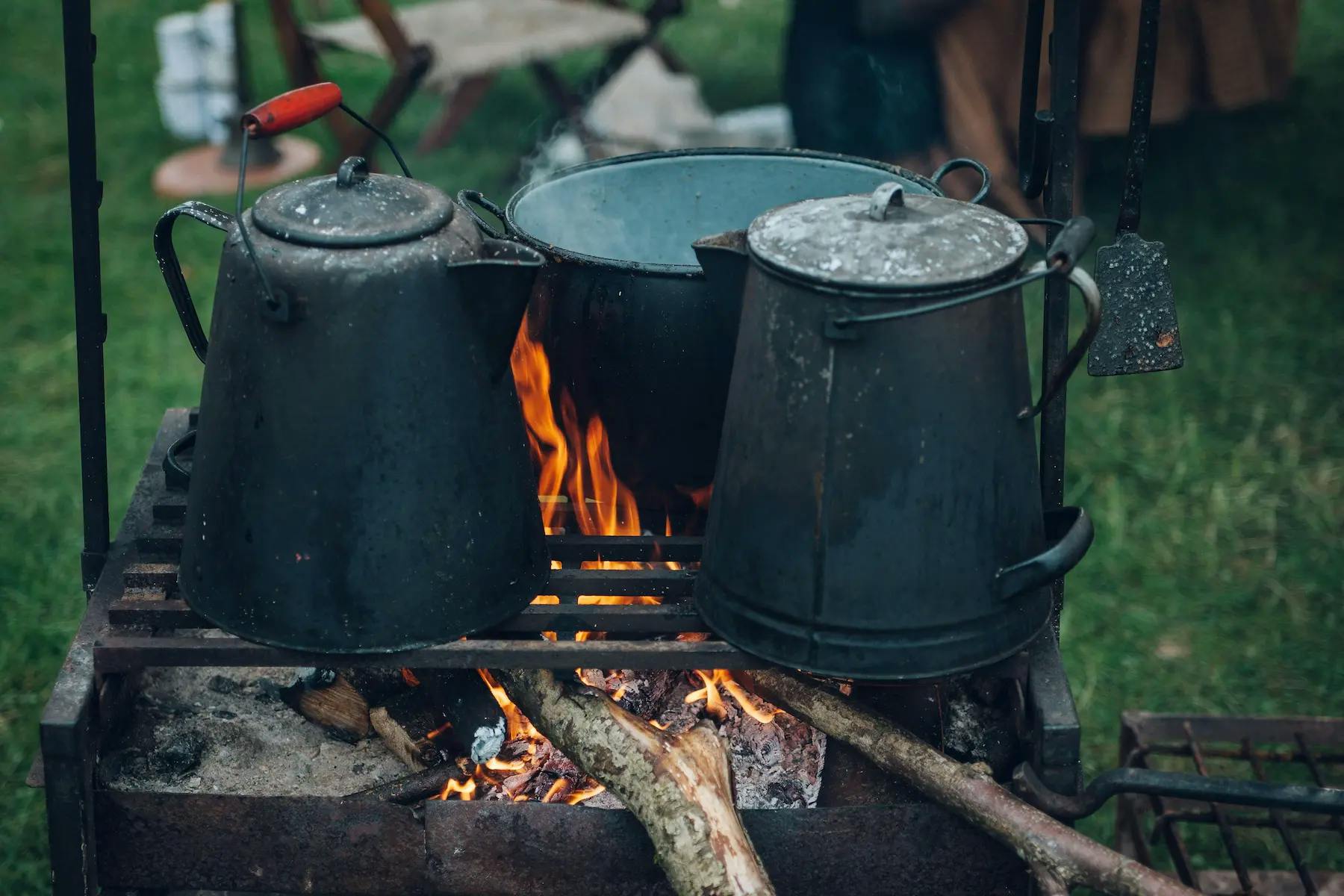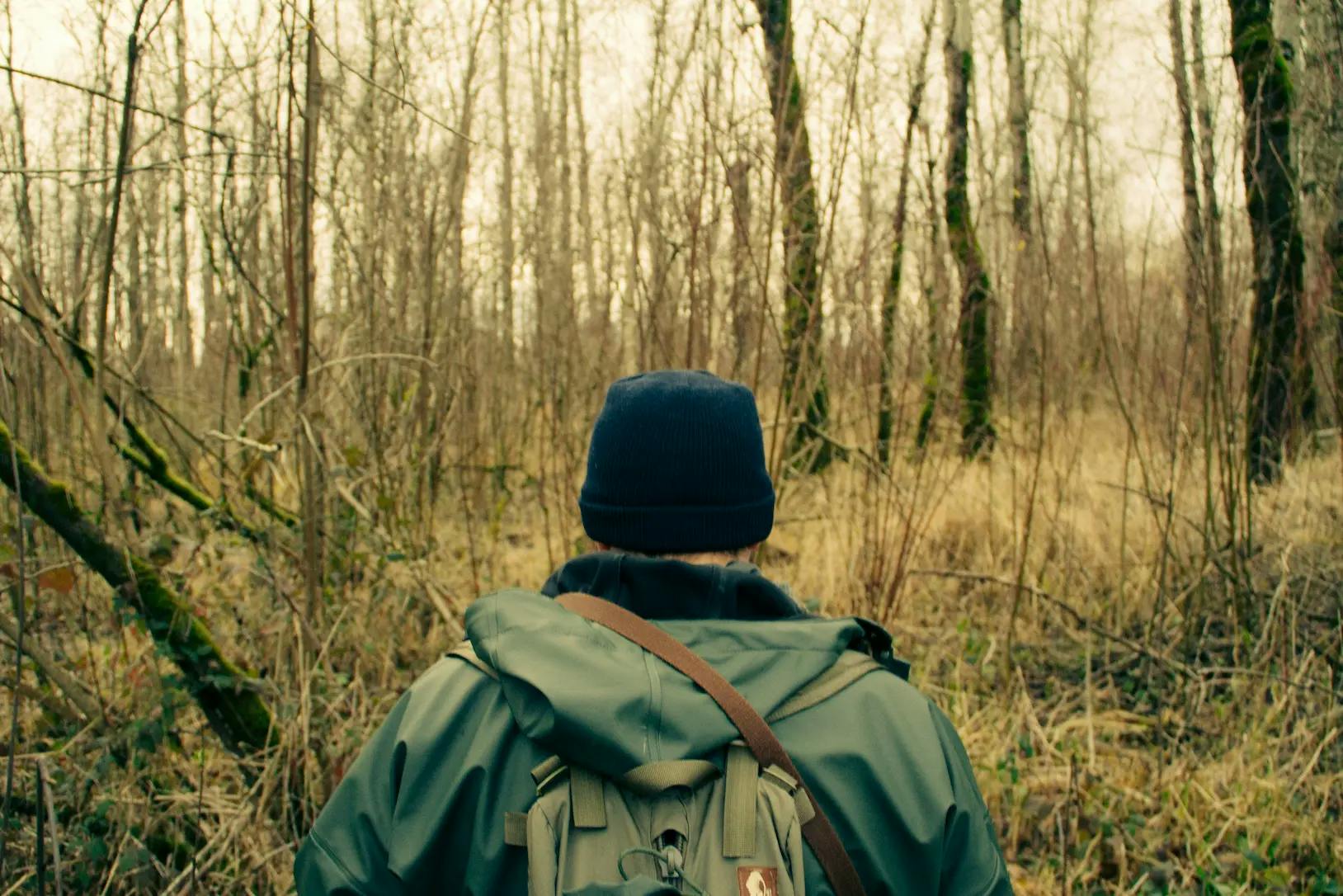Survival 101: Easy Steps to Boost Your Preparedness!
- Published on
In today's uncertain world, being prepared for any situation is essential. Whether you're an avid camper, a dedicated prepper, or simply someone who wants to be ready for unexpected events, honing your survival skills is crucial. With the right knowledge and preparation, you can navigate through challenging circumstances and emerge unscathed. From building a sturdy shelter to sourcing food and water, let's explore some easy steps to boost your survival skills and enhance your preparedness.
The Basics of Shelter Building
When venturing into the wilderness, one of the first priorities is securing adequate shelter. In a survival situation, exposure to the elements can lead to hypothermia and other severe health issues. This makes the ability to construct a shelter from natural materials an invaluable skill.
Key Points:
- Locate a suitable area for shelter construction, preferably with natural barriers for protection against wind and rain.
- Learn to build simple shelters such as lean-tos, debris huts, or tarp shelters using available resources.
- Emphasize the importance of insulation and elevation to keep oneself dry and warm.
Fire Starting Techniques
Fire provides warmth, purifies water, cooks food, and serves as a psychological boost in survival scenarios. Therefore, mastering different methods of starting a fire is a fundamental skill.
Key Points:
- Familiarize yourself with various fire-starting tools like lighters, ferrocerium rods, and waterproof matches.
- Understand primitive methods such as friction-based fire starting using a bow drill or hand drill.
- Highlight the significance of proper tinder, kindling, and fuel wood selection for sustained fires.
Water Sourcing and Purification
Access to clean water is non-negotiable for survival. Knowing where to find water sources and how to make it potable is a critical aspect of preparedness.
Key Points:
- Educate on identifying natural water sources like rivers, lakes, and springs, while emphasizing the necessity of purifying the water.
- Discuss water purification methods, including boiling, chemical treatment, and portable filters.
- Stress the risks associated with consuming untreated water and the potential consequences of waterborne diseases.
Food Foraging and Basic Hunting
In prolonged survival situations, food procurement becomes essential for sustenance. Understanding the principles of foraging and basic hunting can prevent starvation.
Key Points:
- Provide information on edible wild plants and insects that can supplement a survival diet.
- Discuss basic hunting techniques, such as making snares and traps for small game.
- Highlight the importance of proper identification of edible plants and the potential risks of consuming unknown flora.
Navigation without Technology
In today's tech-dependent world, reliance on GPS and smartphones for navigation is the norm. However, in a survival scenario, these devices may not be accessible. Therefore, acquiring navigation skills using traditional methods is invaluable.
Key Points:
- Introduce basic navigation tools like maps, compasses, and landmarks for wayfinding.
- Discuss methods for determining direction using the sun, stars, and natural indicators.
- Emphasize the necessity of practicing navigation skills in varying terrains and environmental conditions.
First Aid and Medical Knowledge
Being equipped with basic first aid skills and medical knowledge can be life-saving. In emergencies, the ability to provide initial medical care significantly improves the chances of survival.
Key Points:
- Address essential first aid techniques for treating injuries, burns, and wounds in a survival setting.
- Discuss the significance of assembling a comprehensive first aid kit tailored to survival scenarios.
- Stress the importance of understanding common medical issues that may arise in the wilderness, such as hypothermia, snake bites, and dehydration.
Gear Maintenance and Repairs
Relying on gear and equipment in survival situations is commonplace. However, without proper maintenance and repair skills, even the best tools can become liabilities.
Key Points:
- Teach the importance of regular gear inspections and maintenance to ensure functionality.
- Discuss basic repair skills for common items like torn clothing, damaged tents, and broken tools.
- Emphasize the value of carrying essential repair items like duct tape, cordage, and multi-tools in a survival kit.
Psychological Preparedness
Surviving isn't just about physical aptitude; it also requires mental resilience. Understanding and preparing for the psychological aspects of survival is vital for keeping a clear head in challenging situations.
Key Points:
- Address the psychological impacts of stress, fear, and isolation in survival scenarios.
- Discuss strategies for maintaining a positive mindset, such as setting achievable goals and staying focused on survival priorities.
- Emphasize the importance of teamwork, camaraderie, and positive self-talk in bolstering mental resilience.
Lessons Learned
In summary, honing your survival skills and boosting your preparedness is an ongoing process that demands dedication and practice. By mastering shelter building, fire starting, water sourcing, food procurement, navigation, first aid, gear maintenance, and psychological preparedness, you can significantly enhance your ability to endure and overcome unforeseen challenges. Remember, being prepared isn't just about having the right tools and knowledge; it's also about cultivating the right mindset to adapt and thrive in any situation.
For further insights into survival gear and essential tools, check out Survival Life and REI's camping and outdoor gear section. These resources offer invaluable information to complement and expand your preparedness journey.



